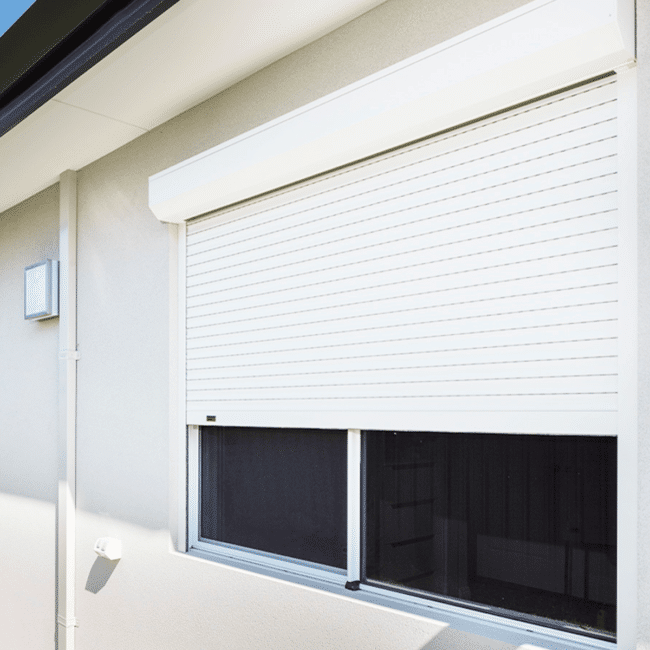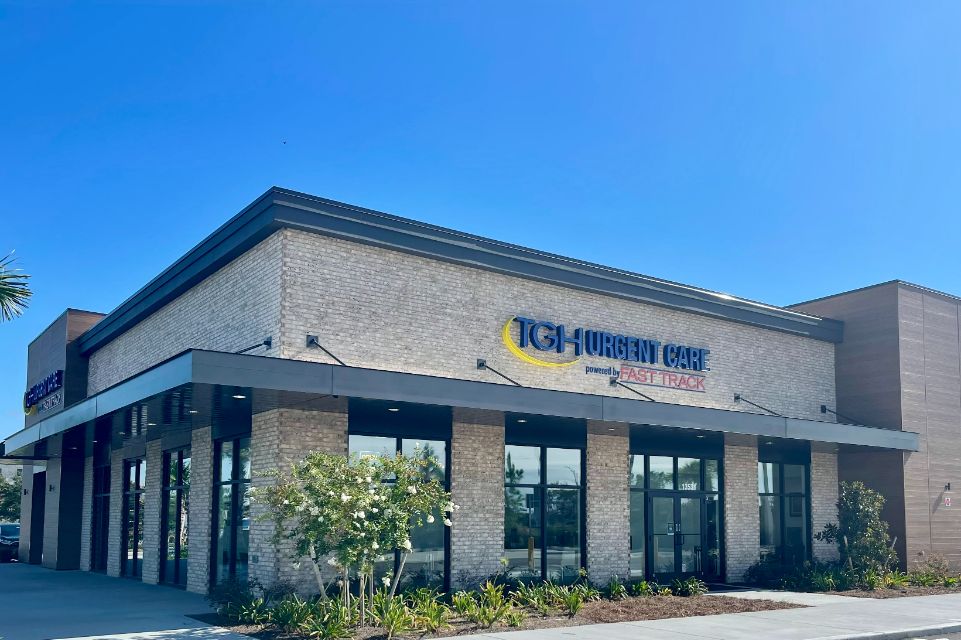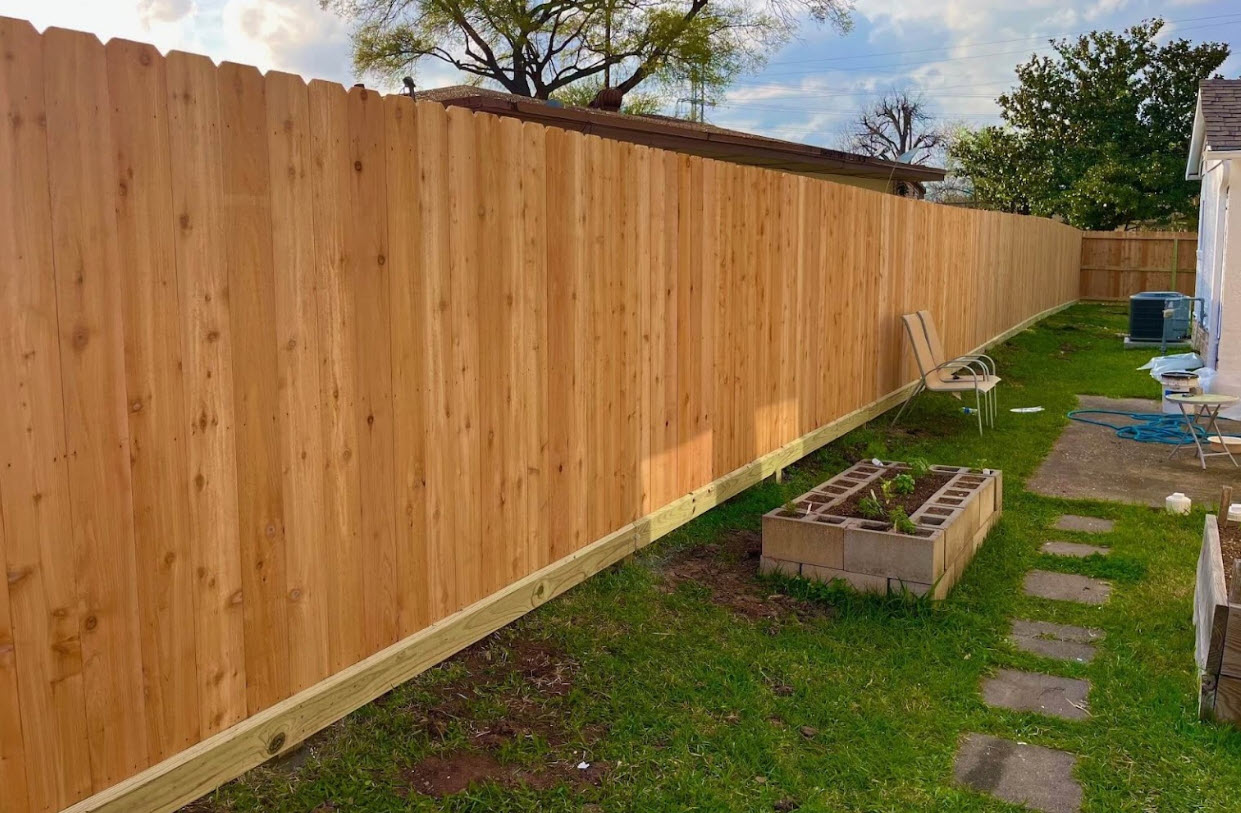Navigating the roofing codes and regulations in Florida can be a daunting task for homeowners and contractors alike. Florida’s unique climate and frequent storms necessitate stringent roofing standards to ensure the safety and durability of your home. In this blog post, we’ll break down the essential roofing codes and regulations you need to know, from material requirements to permit processes and inspection guidelines. Understanding these regulations can save you time, money, and potential headaches in the future.
Florida’s Roofing Codes: An Overview
Florida’s building codes are some of the strictest in the nation due to the state’s susceptibility to hurricanes and severe weather. These codes are designed to protect your home by ensuring that roofs can withstand high winds and heavy rain.
Key Roofing Regulations in Florida
- Wind Mitigation Requirements: Learn about the specific wind resistance requirements for roofing materials and installation techniques.
- Permitting Process: Understand the steps involved in obtaining the necessary permits for roof installation or replacement.
- Material Standards: Discover the approved roofing materials that meet Florida’s stringent standards.
- Inspection Requirements: Know when and how roofing inspections are conducted to ensure compliance with building codes.
- Re-roofing Regulations: Get insights into the regulations for re-roofing projects, including tear-off and overlay guidelines.
Common Challenges and Solutions
Navigating Florida’s roofing regulations can be challenging, but being informed can help you avoid common pitfalls. From understanding the paperwork to ensuring proper installation, we provide practical solutions to common issues.
Why Compliance Matters
Non-compliance with Florida’s roofing codes can result in fines, delays, and even roof failure. Ensuring your roof meets all regulations not only protects your investment but also enhances the safety and longevity of your home.
Conclusion
Staying informed about Florida’s roofing codes and regulations is crucial for any roofing project. Whether you’re a homeowner planning a new roof or a contractor ensuring compliance, understanding these regulations is key to a successful and safe roofing project.
Need help navigating Florida’s roofing codes and regulations? Contact Old Time Roofing today for expert advice and professional roofing services. Our team is dedicated to ensuring your roof meets all state standards while providing top-quality craftsmanship. Reach out now to schedule a consultation and secure your home with a compliant and durable roof.
This post was written by Ted Williams! Ted is the owner of A Old Time Roofing, one of the best roofing companies in Saint Petersburg, FL! Ted is a Master Elite Weather Stopper GAF Roofing Contractor, a double award winner of Best Steep-Slope Contractor from GAF and achiever of Master Elite Consumer Protection Excellence from GAF. He has been serving the Pinellas County area since 1978. Old Time Roofing has a tradition of quality workmanship, servicing residential and commercial properties.





